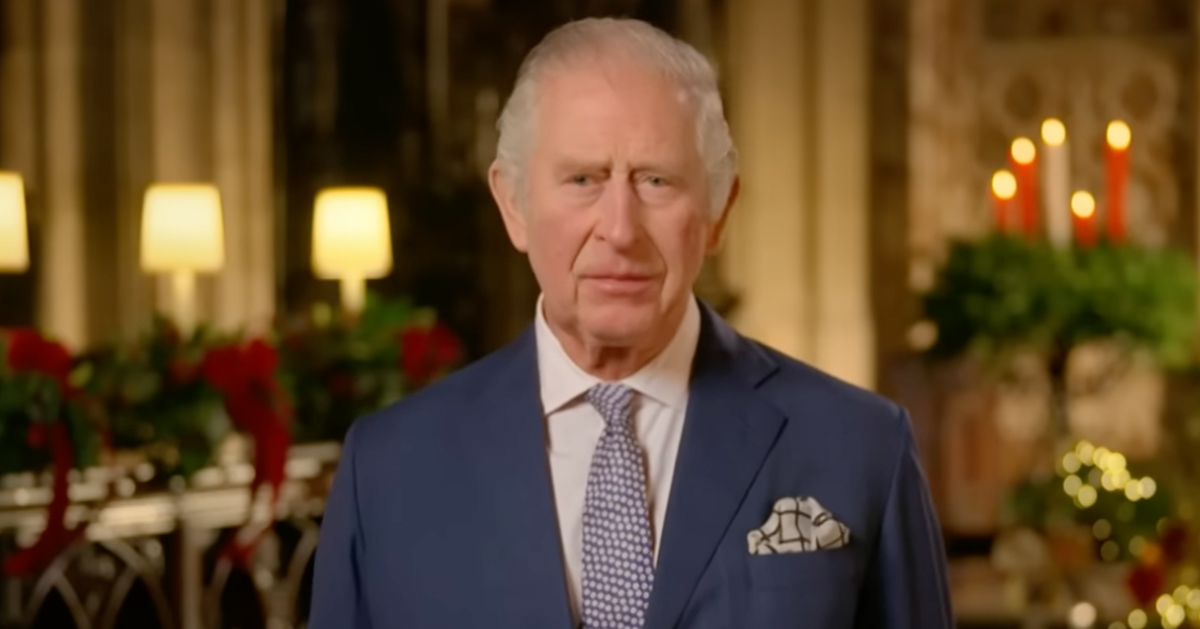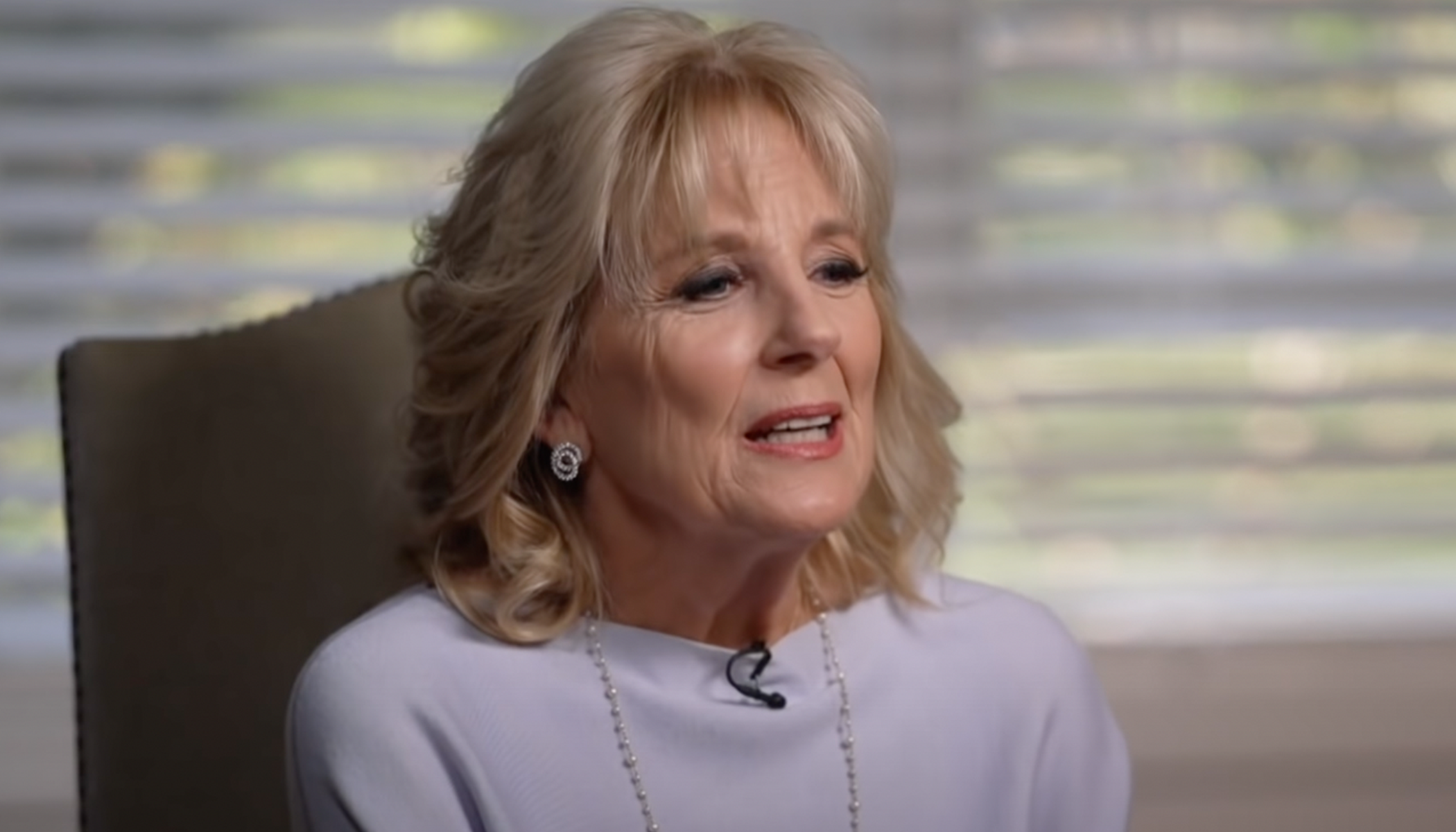Hawley: Secret Service Denied Drone Use Before Trump Shooting Incident
Amid heightened scrutiny, revelations have emerged about the U.S. Secret Service's decision to forgo drone technology at a Pennsylvania rally before an assassination attempt on former President Donald Trump.
The Secret Service's initial refusal to deploy drones at the rally came under fire after whistleblowers provided information about the situation to Sen. Josh Hawley, according to Newsmax.
Before the event that drew nationwide attention, local law enforcement partners and drone suppliers had proposed the use of surveillance drones at the rally, Hawley alleged. However, these offers were reportedly turned down by the Secret Service.
Whistleblower Reveals Secret Service's Initial Rejection of Drones
According to a whistleblower, the Secret Service had multiple opportunities to use drone technology for enhanced security the night before the rally but chose not to.
This decision was made despite the drones' capabilities to potentially identify and neutralize threats such as active shooters.
It was revealed by FBI Director Christopher Wray that the alleged shooter utilized a drone to surveil the rally site approximately two hours before the incident, which has led to questions about the readiness and decision-making of the Secret Service.
Subsequent Shift in Secret Service Strategy Post-Attack
Following the failed assassination attempt, the Secret Service swiftly altered its stance, requesting the deployment of drone technology to surveil the site.
This change of heart raises questions about the earlier decision to decline such security measures.
In response to these revelations, Hawley has been vocal in his criticism, emphasizing the irony of the Secret Service's refusal to use the very technology that the attacker employed against the rally.
Senate Judiciary Committee Takes Action
Sens. Hawley and Chuck Grassley, both members of the Senate Judiciary Committee, are now probing the lapses in security that occurred during the rally. They are pushing for a thorough investigation into the circumstances leading up to the incident.
Hawley has specifically requested that Homeland Security Secretary Alejandro Mayorkas release all records concerning the offers to use drones by the deadline of July 20. This request aims to shed light on the decision-making process and prevent future lapses in security at such critical events.
Legal and Congressional Scrutiny Intensifies
The aftermath of the incident has not only triggered a review of security protocols but also drawn attention from various corners of the political spectrum. There is a concerted effort to understand the rationale behind the Secret Service's initial refusal to enhance security measures at the rally.
Bodycam footage from the event has also surfaced, showing law enforcement discussing the need to inspect and secure a water tower at the site immediately after the assassination attempt, further underscoring the potential benefits of having drone surveillance in place.
Public and Political Reactions to Secret Service Decisions
The public and political reaction has been one of concern and frustration, particularly given the capabilities of the technology that was available but not utilized. The incident has sparked a broader debate about the adequacy of security measures at political events.
Statements from Hawley and others have highlighted the potential for technology to not only detect but also neutralize threats, questioning why such options were not employed from the outset.
Conclusion: Reevaluating Security Measures for National Safety
In conclusion, this incident has prompted significant scrutiny of the Secret Service's security protocols and decision-making processes.
The delayed acceptance of drone technology, the subsequent assassination attempt, and the criticisms from Congress are compelling the agency to reevaluate its strategies to ensure the safety of public figures at major events.
The findings from these investigations will likely influence how security is managed at similar events in the future.






